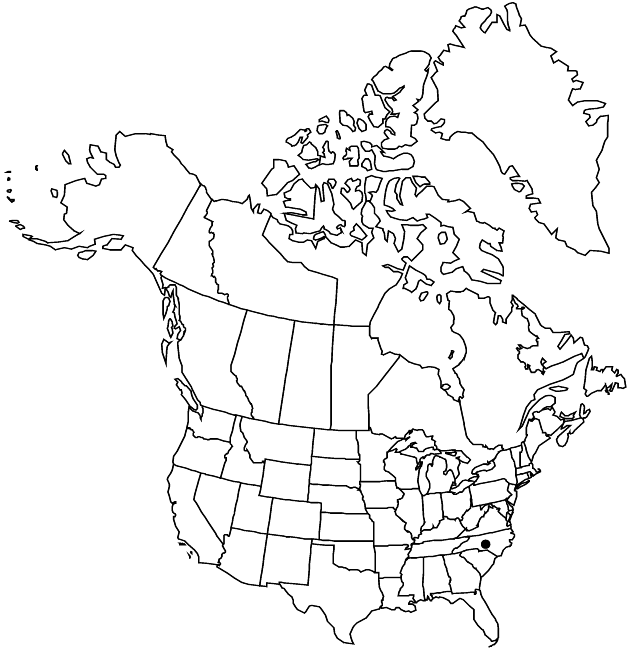Difference between revisions of "Symphyotrichum rhiannon"
Sida 21: 828, fig. 1. 2004.
FNA>Volume Importer |
FNA>Volume Importer |
||
| Line 34: | Line 34: | ||
-->{{#Taxon: | -->{{#Taxon: | ||
name=Symphyotrichum rhiannon | name=Symphyotrichum rhiannon | ||
| − | |||
|authority=Weakley & Govus | |authority=Weakley & Govus | ||
|rank=species | |rank=species | ||
| Line 49: | Line 48: | ||
|publication year=2004 | |publication year=2004 | ||
|special status= | |special status= | ||
| − | |source xml=https://jpend@bitbucket.org/aafc-mbb/fna-data-curation.git/src/ | + | |source xml=https://jpend@bitbucket.org/aafc-mbb/fna-data-curation.git/src/eaa6e58056e40c9ef614d8f47aea294977a1a5e9/coarse_grained_fna_xml/V19-20-21/V20_1170.xml |
|tribe=Asteraceae tribe Astereae | |tribe=Asteraceae tribe Astereae | ||
|genus=Symphyotrichum | |genus=Symphyotrichum | ||
Revision as of 19:24, 16 December 2019
Perennials, 15–40(–60) cm, colonial; thinly long-rhizomatous. Stems 1, erect (straight), hirsute to hispido-hirsute, hirsutulous distally. Leaves: margins shallowly crenate to serrate-crenate, abaxial faces strigillose, adaxial scabrous; basal withering by flowering, petiolate, petioles winged, clasping to subclasping, shallowly auriculate, blades subspatulate or oblanceolate-elliptic, 30–70 × 10–15 mm, bases attenuate to cuneate, apices acute; proximal cauline withering by flowering, widely winged-petiolate, blades oblanceolate-elliptic, 50–110 × 8–22 mm, bases attenuate, apices acute; distal subsessile, blades oblong-lanceolate, 10–30 × 4–6(–8) mm. Heads in broad, cylindro-paniculiform arrays, branches ascending. Peduncles 0.5–1.5(–3) cm, bracts foliaceous. Involucres turbino-campanulate, 6–11 wide mm. Phyllaries in 3–4 series, slightly unequal, narrowly oblong-lanceolate, bases indurate 1/2–2/3, margins not scarious, irregularly ciliolate, green zones rhombic-lanceolate, apices acute to acuminate, faces glabrous or distally strigoso-puberulent. Ray florets 18–32; corollas blue to lavender, laminae 6–9 × 0.8–1.4 mm. Disc florets [number unknown]; corollas yellow, at least lobes becoming purple, (4–)4.5–5.5 mm, tubes shorter than cylindro-funnelform limbs, lobes triangular, 0.8–1 mm. Cypselae tan to often purplish, oblong to oblanceoloid, ± compressed, 2.6–3 mm, 4–6-nerved, faces sparsely strigillose; pappi white, [length unknown] mm.
Phenology: Flowering Sep–Oct(–Nov).
Habitat: Ultramafic outcrop barrens, in Quercus alba-Pinus rigida-Sporobolus heterolepis-Andropogon gerardii woodlands and grass-dominated areas
Elevation: 900–1300 m
Discussion
Of conservation concern.
Symphyotrichum rhiannon is known only from a southern Appalachian high-elevation outcrop barren around Buck Creek, southern Nantahala Mountains, Clay County.
Selected References
None.
